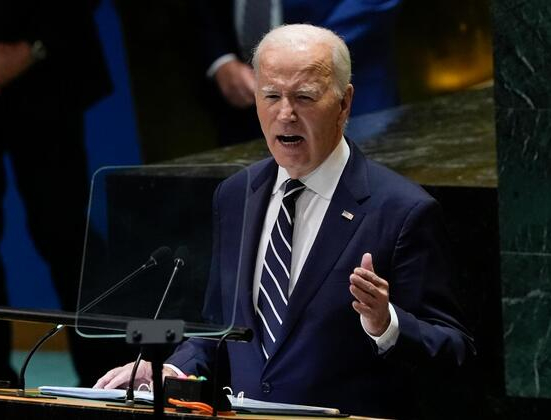Pakistan is set to start the second phase of a controversial plan to send undocumented Afghan refugees back to their country. Beginning Sunday, authorities are expected to expel more than 800,000 Afghans, following the forced departure of about 541,000 in the first phase last November.
If they do not leave voluntarily, the refugees face arrest and deportation. The Pakistani government had previously reported nearly 4.4 million Afghan refugees, with an estimated 1.73 million undocumented.
The government defends the crackdown, citing security concerns and a struggling economy. The deportation order came amid a surge in armed attacks across Pakistan, which the government attributes to groups and nationals based in Afghanistan—an allegation the Taliban government in Afghanistan has rejected.
Philippa Candler, the UNHCR representative in Islamabad, urged Pakistan to review the profiles of undocumented Afghans before expelling them, as many require international protection. “They’re refugees. They’re not involved in terrorist activities. They’re just people who fled and who need protection,” Candler stated.
At the Khazana refugee camp in Peshawar, which hosts about 1,300 Afghan families, Al Jazeera’s Kamal Hyder reported that refugees are pleading for more time to leave in a dignified manner. “They complain that their houses are being raided in the dead of the night. They’ve been forced to leave this country in a very miserable condition,” Hyder said.
Pakistan is not a signatory to the 1951 UN convention that protects refugee rights and lacks domestic laws and procedures to protect and determine the status of individuals seeking international protection. Rights group Amnesty International has warned of the risk of persecution for refugees returning to Afghanistan.

















